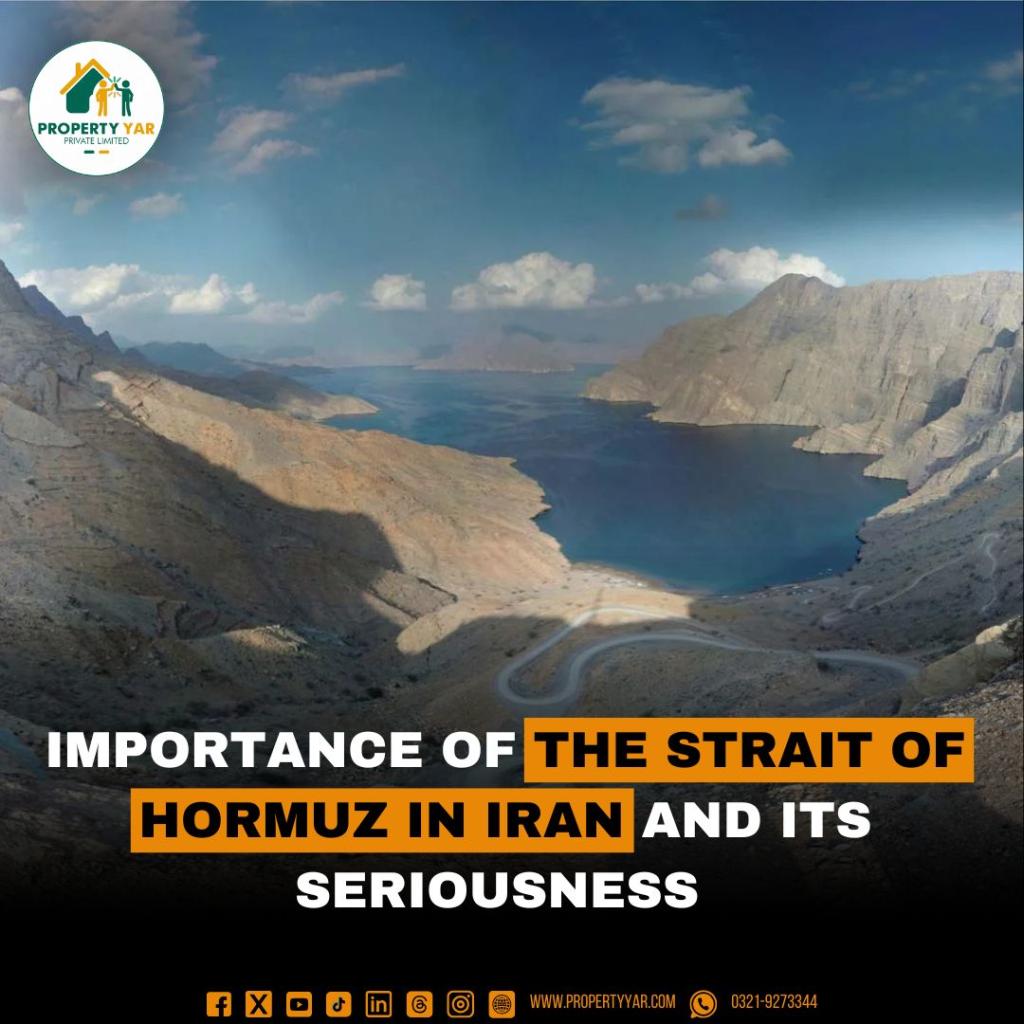
Importance of The Strait of Hormuz in Iran and its seriousness
In a dramatic turn of events that could reshape the geopolitical balance in the Middle East, the United States launched a series of airstrikes on Saturday targeting Iran’s major nuclear facilities. The strikes came amid a widening conflict between Israel and Iran, signaling Washington's direct military entry into the crisis.
The US president confirmed that he ordered an airstrike on an Iranian nuclear site and declared victory, stating that the US military had "totally obliterated" Iran’s key nuclear sites at Fordow, Natanz, and Isfahan. The expert suggests this move will escalate the situation, and MAGA of Donald Trump will be dead now, as he was an anti-war person.
Iran responded in a furious manner that Iran's nuclear program was never meant for making bombs. Iran is a peaceful country and does not want war; however, both Israel and the US did an illegal attack on Iranian soil, which will be dealt with by a harsh measure that the world will witness. Iran also said that now the US will also suffer in the same manner as Israel.
The crisis has escalated steadily since June 13, when Israel initiated strikes on Iranian territory, claiming to target nuclear and missile sites along with military leaders. Iran, which has repeatedly denied pursuing nuclear weapons, sees the campaign as an attempt to destabilize its sovereignty.
The Strait of Hormuz is only 21 miles wide at its narrowest point; it sits between Iran and Oman. It connects the Persian Gulf with the Gulf of Oman and the Arabian Sea as well. Despite its tight confines shipping lanes in either direction are just two miles wide it is one of the most crucial maritime routes for global energy flows. For example, from early 2022 through May 2025, daily shipments of crude oil and refined products through the strait ranged between 17.8 and 20.8 million barrels.
The impact of a potential closure could be severe. Saudi Arabia, Iran, Kuwait, the UAE, and Iraq—all OPEC members export most of their oil through Hormuz, primarily to Asian markets. Though Saudi Arabia and the UAE have limited pipeline capacity to bypass the strait, experts say it covers only a fraction of the region’s export needs. Qatar, one of the world’s largest LNG exporters, sends nearly all of its gas shipments through this chokepoint.
Iran has often threatened to block the strait during times of crisis but has never taken this step. The current threat, however, comes amid unprecedented military activity, including recent vessel seizures and a June 17 collision between two oil tankers that caught fire near the strait a sign of growing instability and electronic interference.
The U.S. Navy’s Fifth Fleet, stationed in Bahrain, remains on high alert to secure commercial shipping in the region. But with global energy markets already on edge, the consequences of continued escalation could ripple far beyond the Gulf.
As the situation unfolds, world leaders are urging restraint, but with tempers flaring and strategic interests on the line, diplomacy may soon be replaced by more forceful measures.











